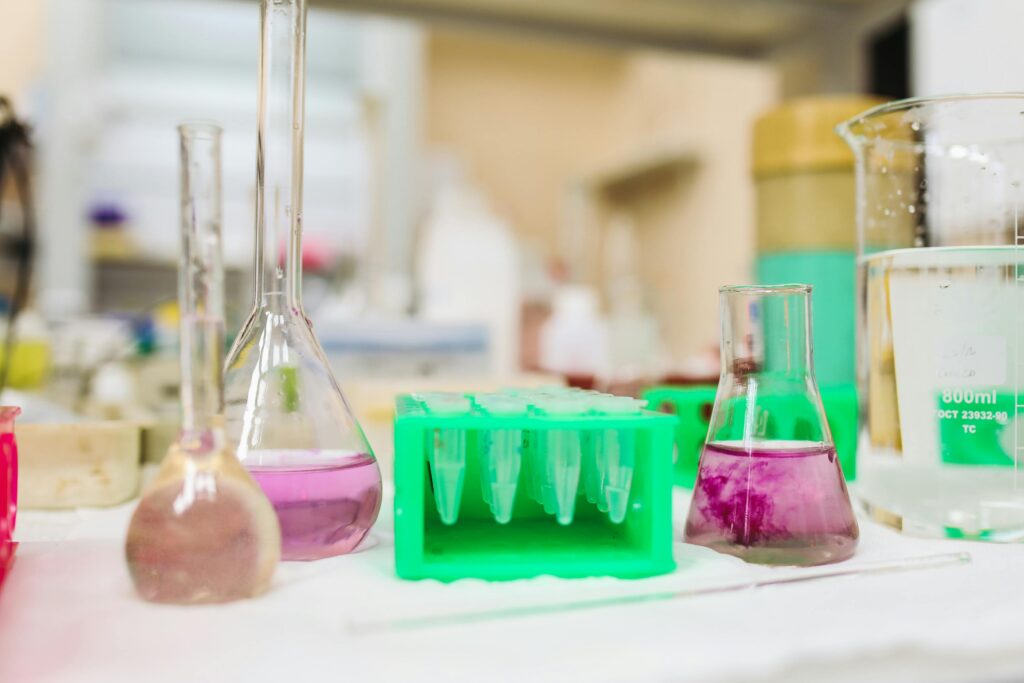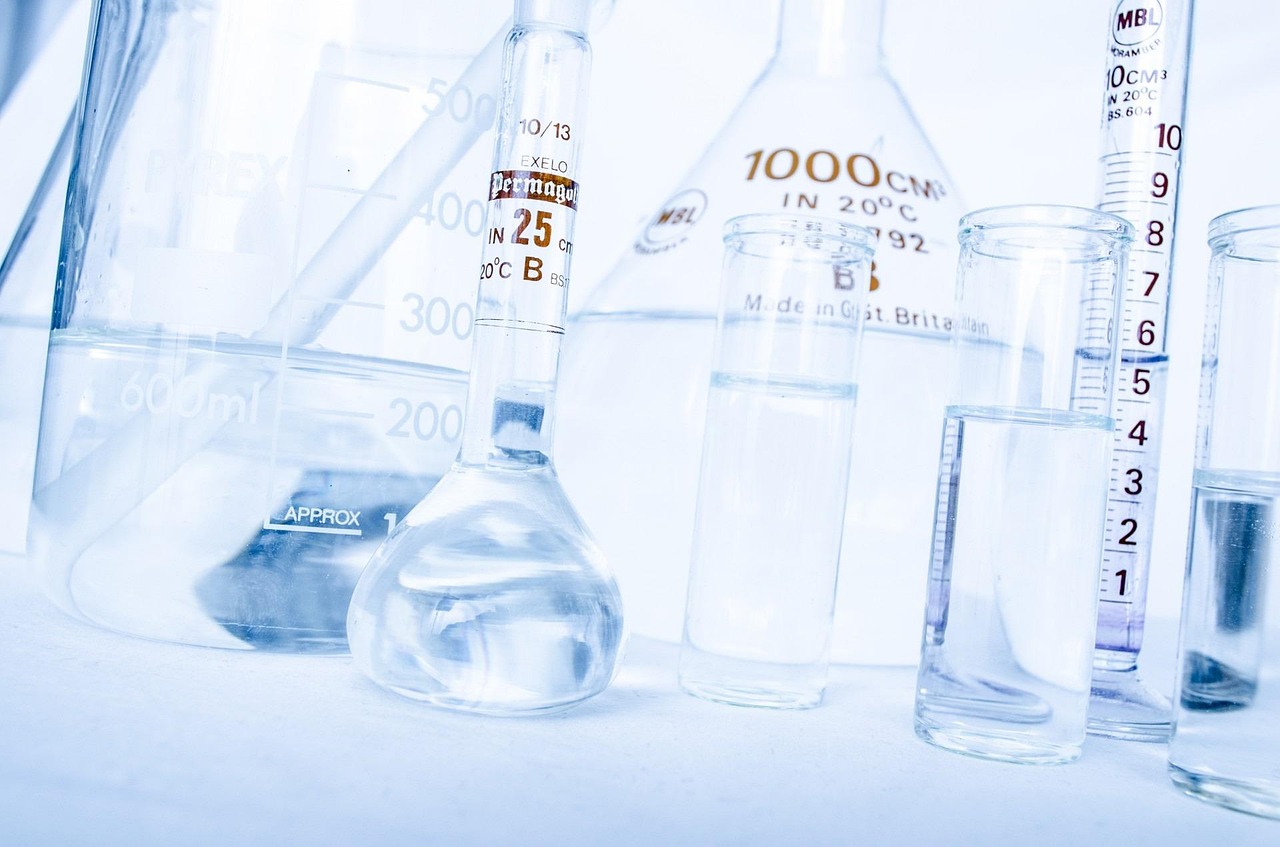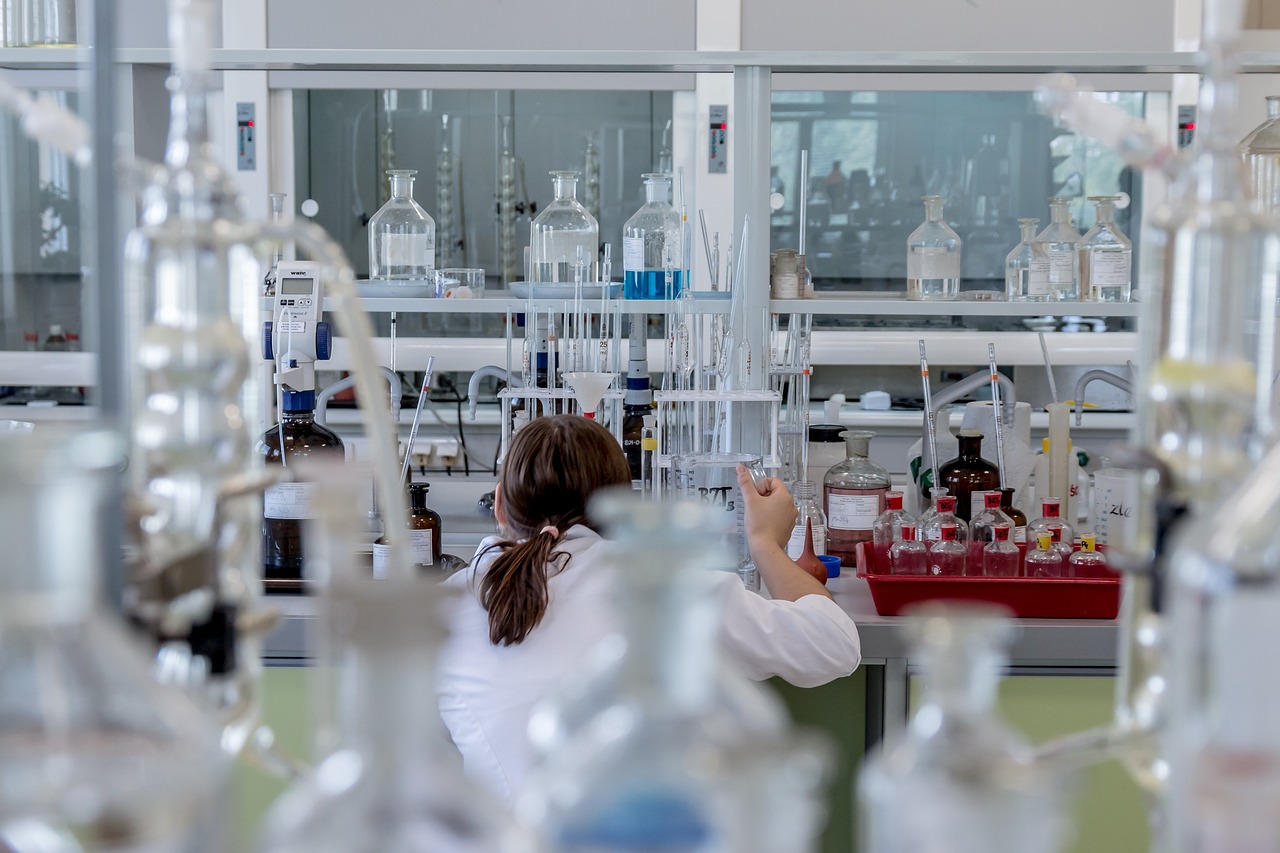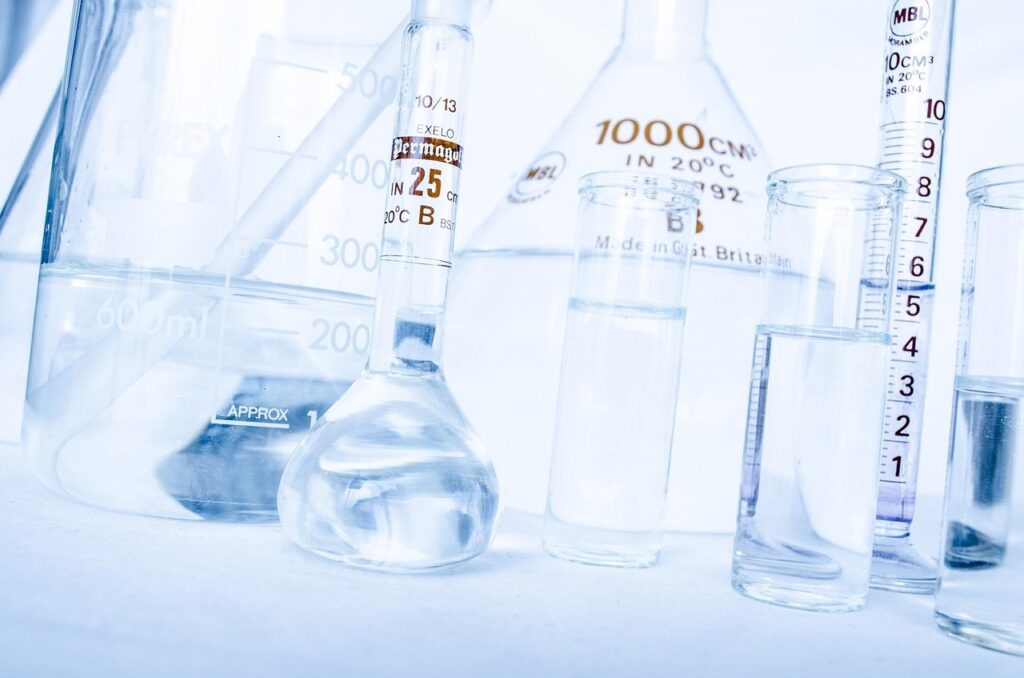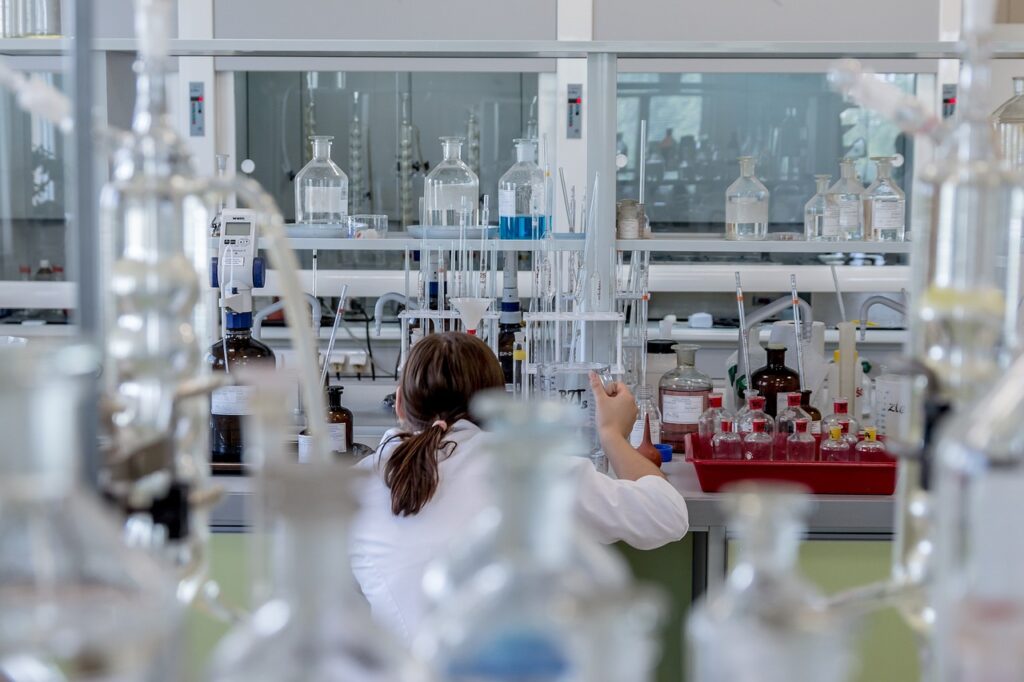In the ever-changing world of food production, it is critical to protect consumer safety and welfare. Allergen testing in food production plants is one crucial area that requires close attention. This blog will examine the importance of allergy testing and how it contributes to upholding the highest levels of customer trust, safety, and compliance.
I. Understanding the Basics of Allergen Testing in Food Production:
A methodical technique for determining and measuring the allergen content of food products is called allergy testing. This procedure is essential for reducing allergic reactions and guaranteeing regulatory compliance in food processing plants.
II. Compliance and Regulatory Standards:
In order to meet and surpass regulatory criteria, allergen testing is essential. Government organizations from all around the world have strong regulations governing the labeling of allergens, thus food manufacturers must follow thorough testing procedures. The main rules will be covered in detail in this part, with a focus on the penalties for non-compliance.
III. The Economic Impact of Allergen Testing:
Allergen testing has a direct impact on the financial sustainability of food production facilities, even beyond compliance. Recalls with allergens may result in significant monetary losses as well as harm to a brand’s image. We’ll talk about how a business can protect its profits and uphold customer confidence by investing in thorough allergen testing procedures.
IV. Advanced Technologies in Allergen Testing:
As technology advances, so do the instruments accessible for testing for allergies. Modern technologies including mass spectrometry, ELISA assays, and PCR-based techniques will be discussed in this part along with their advantages in terms of efficiency, speed, and accuracy. Stressing how crucial it is to keep up with these developments will highlight the dedication to producing food that is of the highest caliber.
V. Developing an Effective Allergen Control Plan:
Implementing a comprehensive allergen control plan is vital for minimizing the risk of cross-contamination and ensuring a safe production environment. This section will provide practical insights into designing and executing an effective plan, encompassing training, sanitation practices, and routine testing protocols.
VI. Small-Scale Challenges and Solutions:
Smaller manufacturers encounter particular difficulties, even though large-scale food production facilities have resources specifically allocated for allergen testing. In order to ensure that smaller companies can establish efficient allergen testing protocols, this section will address the specific challenges that they face and offer workable answers.
VII. Consumer Trust and Brand Reputation:
In a time when people are more aware of what they eat, open communication on allergy testing can foster trust. This section will examine the ways in which a dedication to thorough testing and open communication can improve brand reputation and cultivate customer loyalty.
Check out our related blog on Allergen Testing in Food

VIII. The Future of Allergen Testing in Food Production:
As we wrap up the blog, let’s take a look at some new advances and trends in allergy food testing. Food manufacturing facilities can stay ahead of the curve by understanding the trajectory of allergen testing, which includes everything from automation and artificial intelligence to the use of blockchain for traceability.
IX. The Human Element: Training and Education:
The human factor is a sometimes disregarded yet vital component of efficient allergy testing in food production. The importance of educating and training those participating in the testing process will be emphasized in this section. For testing processes to be executed accurately, a knowledgeable staff is necessary, ranging from quality control teams to line personnel. We will discuss the advantages of continuing education initiatives that promote consciousness, accountability, and accuracy.
X. Case Studies: Real-World Applications of Allergen Testing:
This section will offer pertinent case studies as tangible illustrations of how allergy testing affects food production. These case studies will discuss situations in which thorough testing averted possible incidents involving allergens, benefiting both the concerned companies and their customers. Investing in thorough allergen testing techniques will yield measurable benefits, which will be further highlighted by practical applications.
XI. Collaborative Approaches in the Supply Chain:
Allergen testing is an essential component of the larger supply chain, not an isolated procedure. Working together with manufacturers, distributors, and suppliers can improve the efficacy of allergy testing. In order to ensure the overall safety of food items, this section will examine how creating transparent channels of communication and exchanging testing data along the supply chain might result in a more resilient and integrated system.
XII. Continuous Improvement and Quality Assurance:
Allergen testing is a continuous procedure that requires constant quality control and development. It is not a one-time occurrence. The significance of consistently evaluating and revising testing procedures, utilizing input, and adopting a continuous improvement mindset will all be covered in this section. With this proactive approach, allergy testing is kept at the forefront of food production procedures and is able to respond to changes in the industry and in technology.
XIII. Public Awareness and Consumer Education:
Outside the production site, allergen safety is greatly aided by consumer education and public awareness campaigns. This section will examine methods for educating the public about allergen testing procedures, encouraging comprehension, and enabling them to make educated decisions. Knowledgeable customers help create a safer food environment and can increase demand for open methods of allergen testing.
XIV. Global Perspectives: Varied Approaches to Allergen Testing:
This section will examine several approaches to allergy testing in food production from a worldwide standpoint. Through an analysis of varied regulatory frameworks, cultural factors, and regional subtleties, readers can acquire a deeper understanding of the multiple obstacles and advancements influencing the global terrain of allergy testing. Comprehending these distinctions is essential for businesses with international
XV. Environmental Considerations in Allergen Testing:
The environmental effects of allergen testing procedures will be discussed in this section as sustainability becomes more and more of a global concern. Is there a more environmentally friendly way to test? How can facilities that produce food reduce their carbon footprint while still upholding strict guidelines for allergen testing? Answering these queries offers a chance to talk about industry sustainability initiatives and how they fit with the objectives of allergy testing.
Conclusion:
To sum up, allergy testing is vital to the food production process and goes much beyond simply fulfilling legal requirements. It’s a complex process including cutting edge technology, strong control strategies, skilled workers, and cooperative supply chain initiatives. Food production facilities can not only meet but also surpass customer expectations for allergen safety by placing a high priority on quality assurance, continuous development, and open communication. Adopting these principles will help companies become leaders in allergen safety as the industry develops and will also support a larger culture of excellence in food manufacturing.

